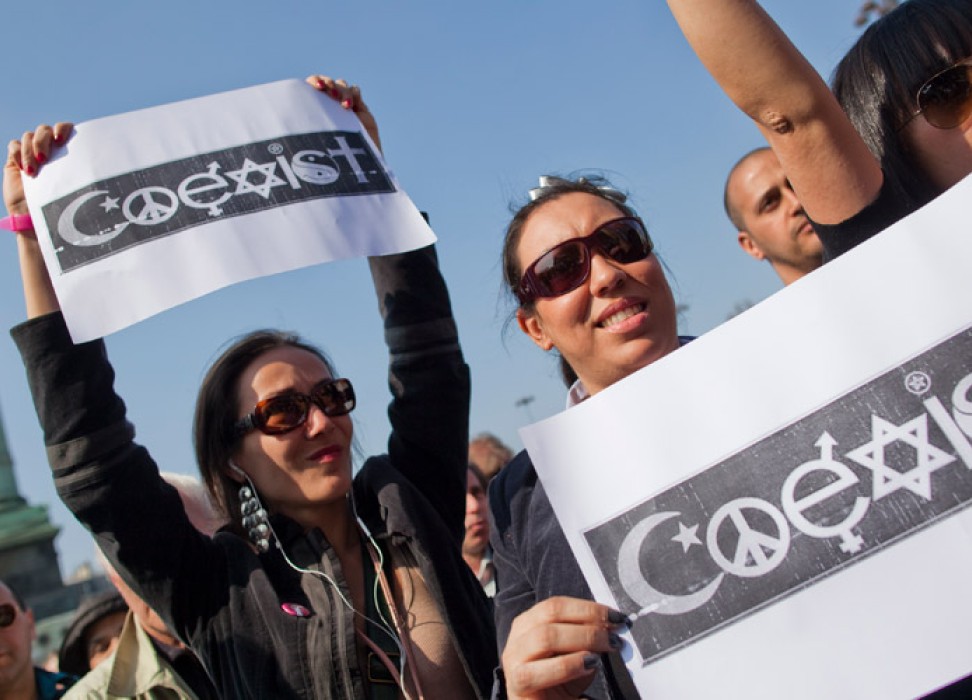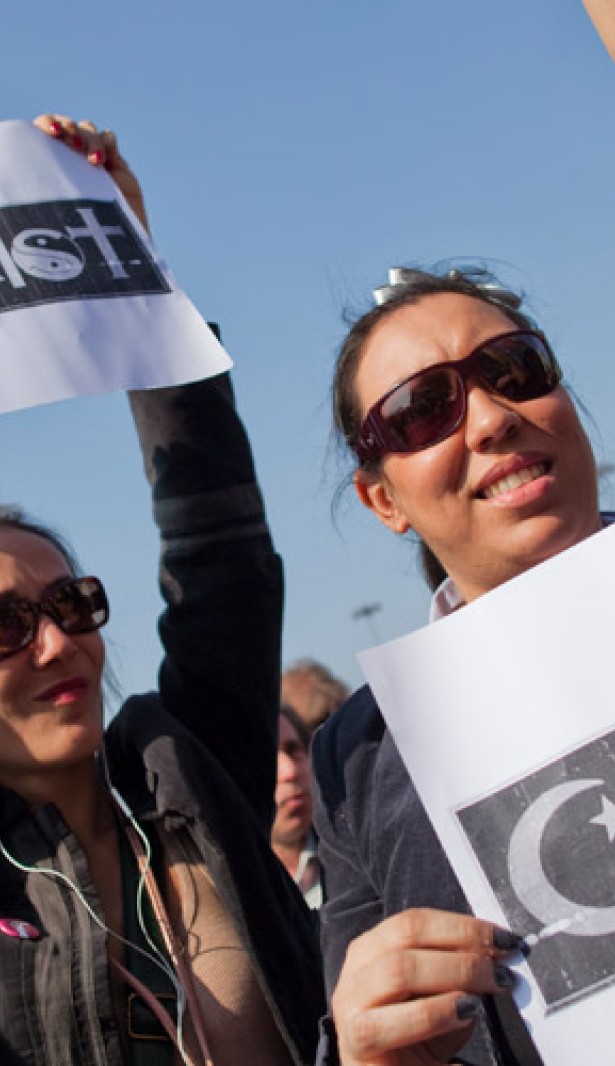Ethno-nationalism denies millions their citizenship rights - anti-racism expert
05 July 2018

Citizenship, nationality and immigration status often function as the preconditions for full enjoyment of human rights for people across the world, says Tendayi Achiume, UN Special Rapporteur on racism.
In her report to the Human Rights Council, Achiume highlights the plight of millions of people with no documentation, also known as stateless, whose predicament is often the result of long-standing discrimination against people who are considered foreign, even though they have been in their respective countries for generations, and sometimes even for centuries.
“It is thus no surprise that according to UNHCR, “more than 75% of the world’s known stateless populations belong to minority groups,”” Achiume points out.
The expert reminds States that all individuals have a right to acquire, change and retain a nationality; and that citizenship, nationality, and immigration laws and policies that discriminate between citizens and non-citizens on the basis of race, descent, national or ethnic origin are violations of international human rights law.
She further says that States continue to enforce patriarchal laws that use gender-based discrimination, making it impossible for women in several countries around the world to pass on their nationality to their children or a non-national spouse. In some States, women can even lose their nationality of origin upon marrying a foreign spouse and cannot regain that nationality if the marriage ends.
Achiume points out that the implicit aim of not allowing women to transfer their nationality is to discourage them from marrying members of particular national, religious, ethnic or racial groups. “This is gender-based discrimination often deployed by States to preserve notions of national, ethnic and racial “purity,”” she says.
The UN working group on the issue of discrimination against women has said that the unequal treatment of women’s nationality hinders rights such as the right to equality in the family, the ability for women to participate equally in public and political life, their freedom of movement, and their rights to housing, health and education.
Another result of these gender-based discriminatory laws is their impact on millions of people, spouses and children, who are left without access to citizenship and the rights they would hold as citizens.
However, for Achiume, the most obvious driver of racial discrimination in citizenship and immigration laws is prejudice rooted in ethno-nationalism that views the nation as “defined in terms of assumed blood ties and ethnicity.” This ideology has found renewed traction with many populist political leaders.
In the past, European countries relied on ethno-nationalism to exclude populations in their colonies from effective citizenship. In the 19th and 20th century, Jews and Roma in Europe were targeted and excluded from citizenship on the same grounds. Today, migrants are the new targets of political hate speech and intolerance - often under the pretext of ethnic purity and religious, cultural or linguistic preservation - which do not only harm non-citizens.
“Countries that have long celebrated immigration as central to their national identity have taken steps to vilify and undermine immigration, with a disproportionate effect on certain racial, religious and national groups,” Achiume points out. “Islamophobic or anti-Semitic ethno-nationalism undermines the rights of Muslims and Jews irrespective of citizenship status… the case of the Rohingya Muslims offers a chilling example.”
The expert highlights that the 1982 Myanmar nationality law discriminates on the basis of ethnicity and has rendered many Rohingya stateless by denying their nationality and humanity. Since August 2017, hundreds of thousands of Rohingya Muslims have sought refuge in Bangladesh because of the campaign of terror against them in Myanmar.
Achiume also condemned blanket nationality bans in the immigration context, which often aim to exclude particular ethnic, racial and religious groups.
At the end of her visit to the UK in 2018, Achiume had made a reference to the rights violations and indignities that Afro-Caribbean British citizens, popularly referred to as the “Windrush generation,” have had to endure as a result of the “hostile environment” policy that Theresa May introduced during her tenure as Home Secretary. The expert’s report on her visit will be presented to the Human Rights Council in June 2019.
Achiume also writes in her report that States all over the world use national security and counter-terrorism as justifications to strip members of their populations of citizenship. In some countries, politicians have spread misinformation that portrays certain racial, national and religious groups as inherent threats to national security.
“Whereas some groups are at heightened risk of losing citizenship and immigration status due to national security machinery and anxiety, these groups are also systematically barred from naturalization or regularizing their status for similar reasons,” she adds.
5 July 2018




